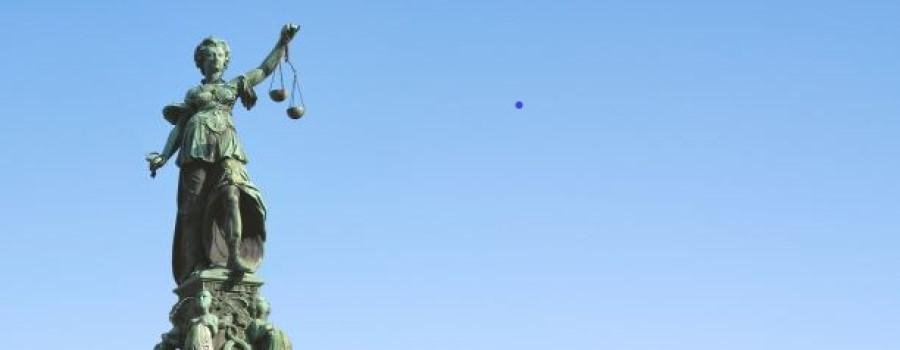Possibility to recover VAT on running costs for vacant property extended

On June 26, 2020 the Supreme Court ruled that the VAT on running costs (‘instandhoudingskosten’) for a vacant office building is deductible, even if the owner cannot prove, on the basis of objective information, their intention to lease out the property subject to VAT. According to the Supreme Court, depending on the nature of the property, the owner does not (always) have to prove this. Such a burden of proof is not necessary for “(...) a vacant immovable business asset intended for lease in cases where it cannot be reasonably ruled out beforehand that, after a tenant is found, the choice will be made to lease out the property subject to VAT.” According to the Supreme Court, in those cases it must be assumed that the entrepreneur’s intention to start leasing out the property includes the intention to take advantage of the possibility to lease out the property subject to VAT.
Practical consequences for the Dutch practice
This judgment has an important outcome for the real estate practice. The Court of Appeals had previously ruled that there was no VAT recovery right, because the owner could not prove, on the basis of objective information, their intention to lease out the property subject to VAT. In the case of a multi-functional (office) building that is not always a simple matter, as such a building potentially lends itself to both VAT-exempt and VAT-taxed leasing. The Supreme Court had already ruled in 2014 that the VAT on running costs for vacant properties may be deductible. However, by easing the burden of proof, that right has now been extended. According to the Supreme Court, being able to make use of the option-to-tax scheme for VAT-taxed leasing is the starting point for the recoverability of VAT on running costs during vacancy. It must therefore concern a property that, by its nature, is suitable for VAT-taxed leasing. If the facts and circumstances at the time of vacancy show that a building does not lend itself for VAT-taxed leasing, then there is no VAT recovery right. This can concern the type of property, for example, typical healthcare-related property, or limitations surrounding the designated use of a property. In light of the very broad formulation by the Supreme Court, we believe it will often be possible to (also) lease out a property subject to VAT.
Moreover, the recovery of VAT on running costs will not be reversed if (part of) a building will be used for VAT-exempt leasing after the vacancy, because these services are directly used by the owner as part of its business when the services are acquired. Please note: the VAT recovery right only applies to running costs incurred during the vacant period. VAT is also charged on improvement costs (‘verbeteringskosten’), but the (partial) recoverability of those costs is however determined on the basis of the actual VAT use after the vacant period (VAT-taxed or VAT-exempt).
What can you do now?
We recommend that property owners evaluate their policy on the recovery of VAT on running costs during vacancy and amend it where necessary as a result of this Supreme Court judgment. If you have any questions, our VAT specialists would be pleased to answer them.